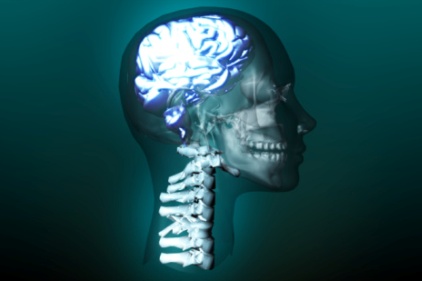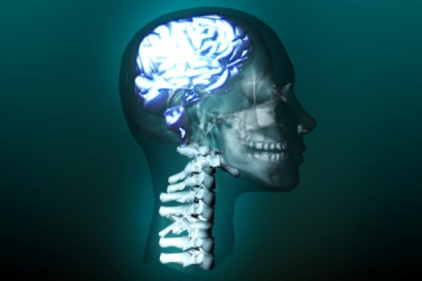 Having a strong sense that your life has meaning and direction may make you less likely to develop areas of brain damage caused by blockages in blood flow as you age. This research is reported in the American Heart Association’s (AHA) journal Stroke.
Having a strong sense that your life has meaning and direction may make you less likely to develop areas of brain damage caused by blockages in blood flow as you age. This research is reported in the American Heart Association’s (AHA) journal Stroke.
When a blockage interrupts blood flow in a vessel within the brain, a stroke can result or brain tissue can be damaged. This damaged tissue, called infarcts, may contribute to dementia, movement problems, disability, and death as people age.
What doctors can do
“Mental health, in particular positive psychological factors such as having a purpose in life, are emerging as very potent determinants of health outcomes,” said Patricia Boyle. Ph.D., study co-author and associate professor of behavioral sciences at the Rush Alzheimer’s Disease Center of Rush University Medical Center in Chicago. “Clinicians need to be aware of patients’ mental state and encourage behaviors that will increase purpose and other positive emotional states.”
Researchers analyzed autopsy results on 453 people, average age 84, who volunteered for the Rush Memory and Aging Project and underwent annual physical and psychological evaluations until they died, at an average age of 90. None of the participants had known dementia when they started the study and all participants had agreed to organ donation at death.
What researchers found
Among the participants, 114 had clinically diagnosed stroke. At autopsy, researchers found:
Nearly twice that many had macroscopic infarcts (visible to the naked eye) or microinfarcts (visible with microscope) (47.7 percent).
- Participants who had reported a stronger purpose in life were 44 percent less likely to have macroscopic infarcts. The study did not find a significant relationship between purpose in life and microinfarcts.
- Adjusting for vascular disease risk factors, including blood pressure, physical activity, depression, and diabetes did not change the relationship between purpose in life and infarcts;
- Purpose in life was most significant in small infarcts in the subcortical blood vessels supplying deep brain structures (lacunar infarcts);
- The relationship between purpose in life and infarcts was not influenced by Alzheimer’s disease or clinically diagnosed stroke.
Although people’s scores on measures of purpose in life changed little during the course of the study, researchers believe that it can be improved.
Room for improvement
“Purpose in life differs for everyone and it is important to be thoughtful about what motivates you, (such as volunteering, learning new things, or being part of the community) so you can engage in rewarding behaviors,” said Lei Yu, Ph.D., study lead author and assistant professor of neurological sciences at the Rush Alzheimer’s Disease Center.
Other co-authors are Robert S. Wilson, Ph.D.; Steven R. Levine, M.D.: Julie A. Schneider, M.D.; and David A. Bennett, M.D. Author disclosures are on the manuscript.
The study was supported by the: National Institute on Aging; National Heart, Lung, and Blood Institute; and Illinois Department of Public Health.







